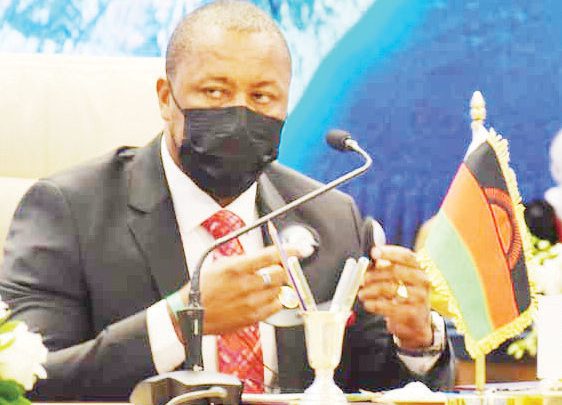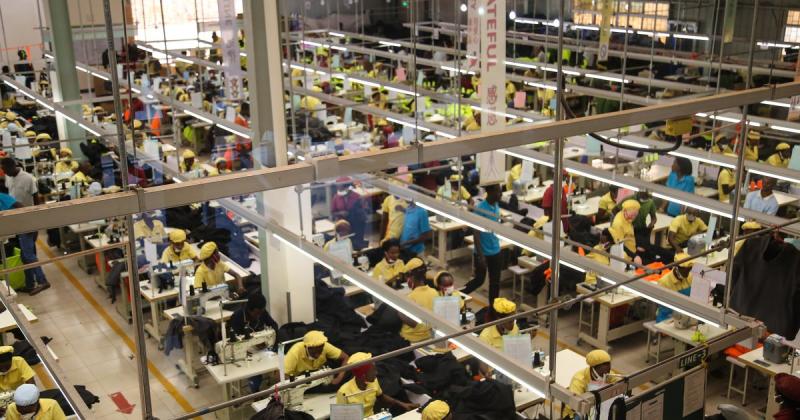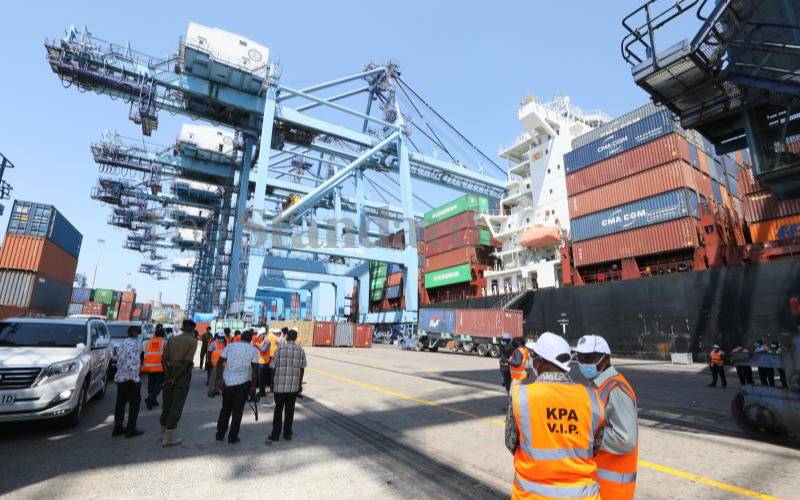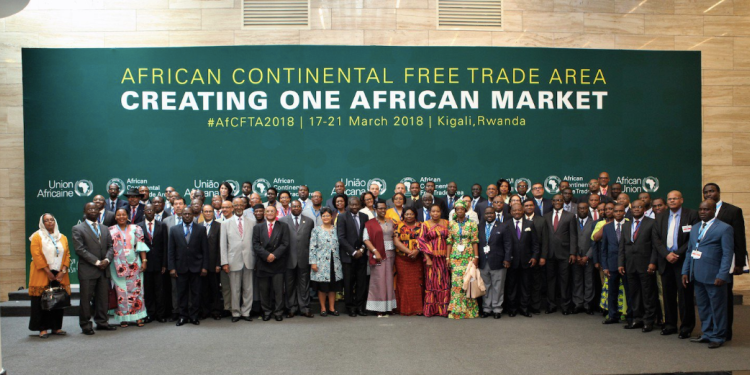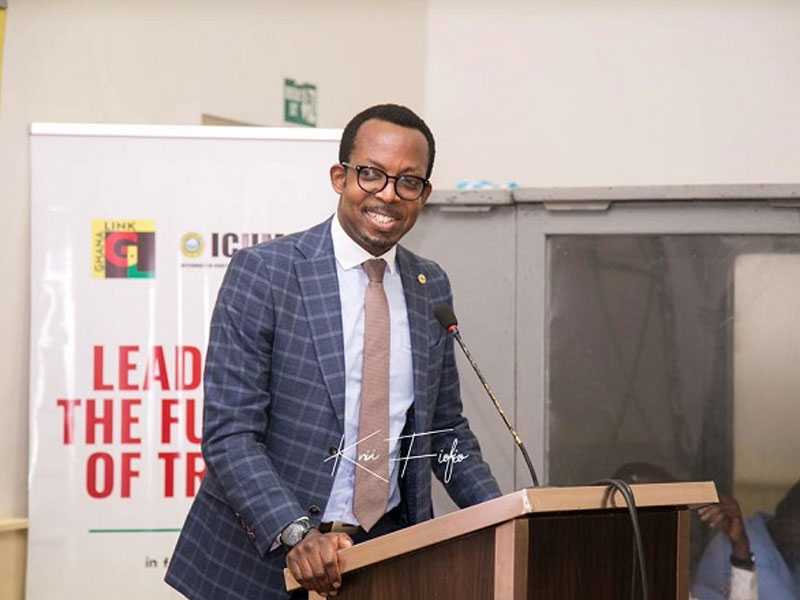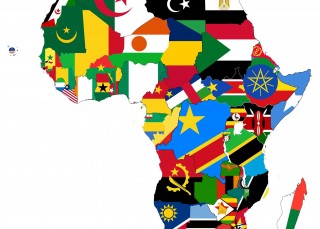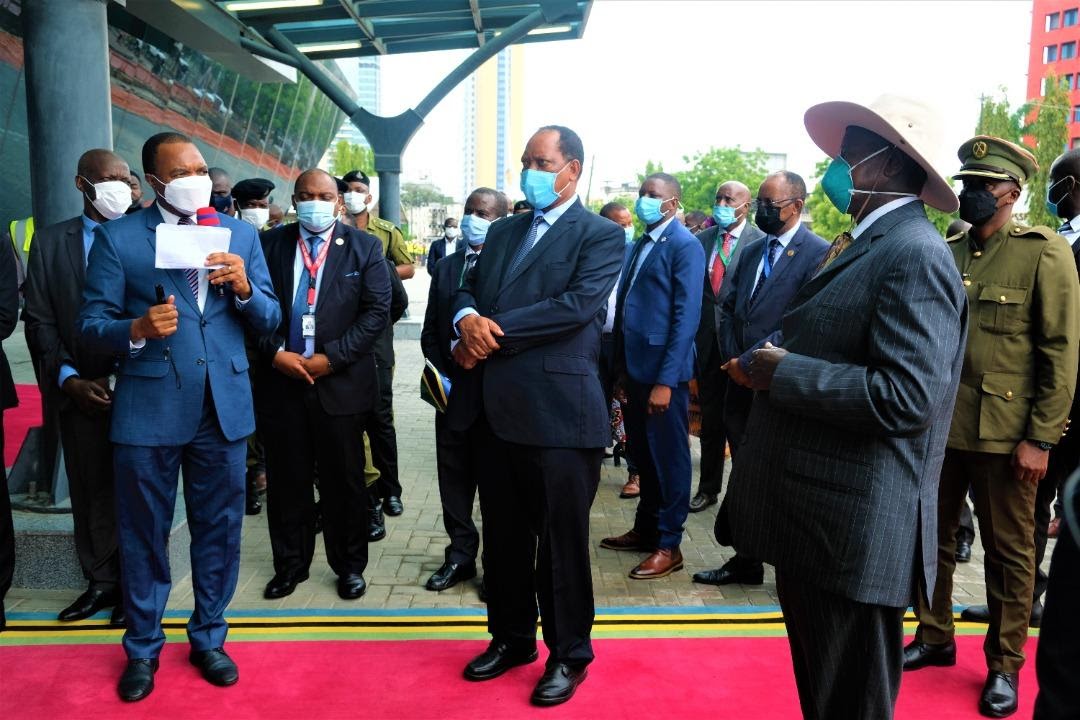The Government has created a Huduma Whitebox one-stop shop website to encourage Kenyans with innovations to share and sell their ideas and innovations for support and promotion. The website, whitebox.go.ke created by the Ministry of ICT, Innovation and Youth Affairs will also help innovators with good innovations receive facilities for start-ups. Chief Administrative Secretary (CAS) for ICT, Innovation and Youth Affairs Ms Maureen Mbaka, said innovators selected will benefit from expert guidance from a network of industry, legal, management and finance who will provide them with guidance and support on financing opportunities and access to market strategies. “The government will assist the chosen innovators with professional guidance and support to attract financial support, offer access to markets and link them to investors,” said Mbaka. She however, noted that priority will be given to products that focus on the Big 4 Agenda and address government priorities and challenges. The CAS was speaking during Africa Travel and Innovation Summit at Ole Sereni Hotel, in Nairobi. Ms Mbaka commended the aviation sector for revolutionizing air travel across the globe through new technologies which she said has improved security and flight operations, as well as made the flights more efficient and econ-friendlier. “We are proud of Kenya Airways’ Innovation Hub and the great strides it is making and the platform it is providing Kenyan youths to flex their creative geniuses,” said Mbaka. She added that the International Air Transport Association report on ‘Future of the Airline Industry 2035’ has identified cybersecurity, robotics and automation,...
Kenyans encouraged to embrace new technology innovations – Kenya News Agency – Kenya News Agency
Posted on: November 29, 2021
Posted on: November 29, 2021


